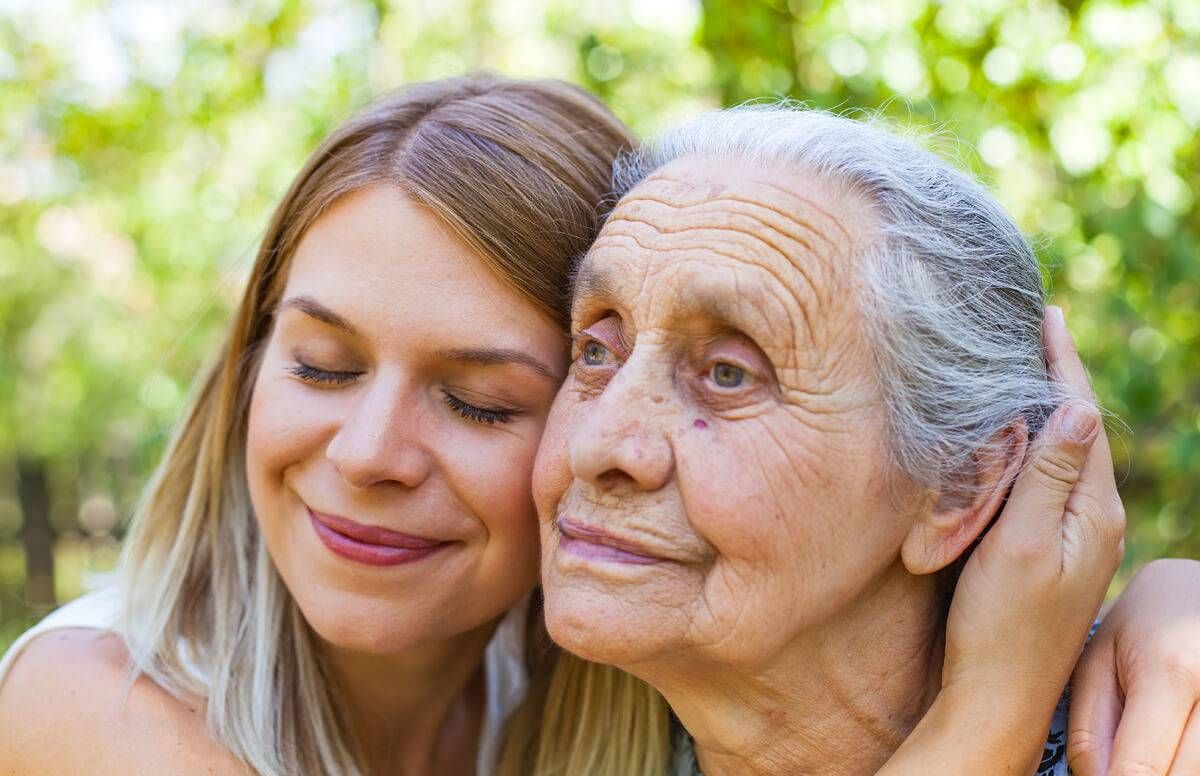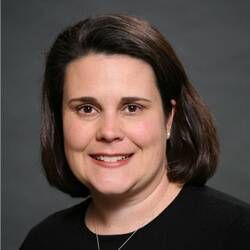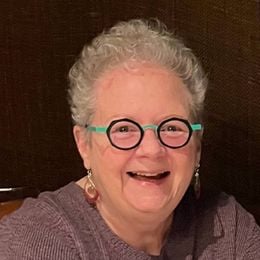The Innovative Alzheimer's Agency Uniting Health Plans and Caregivers
Why Alzheimer's Los Angeles won a big award and has become a role model
She has advanced Alzheimer’s disease and he has early signs of dementia. When a distant cousin stepped in to care for them, the couple had sold most of their furniture to pay for food and collected tin cans to help pay the rent.

Realizing that addressing only their medical needs was not enough, the couple’s health plan referred them to Alzheimer’s Los Angeles (ALZLA), an independent nonprofit agency.
“They were in dire straits,” says Debra Cherry, ALZLA’s executive vice president. “We got food in the house, helped stabilize the financial situation and convinced their health plan to pay for durable medical goods. We also educated the caregiver about the disease and helped her determine what she needed for the future.”
ALZLA was recently honored for this kind of work with the 2018 Innovation in Health Care Award from The SCAN Foundation. The foundation (a Next Avenue sponsor) is an independent public charity dedicated to “transforming care for older adults in ways that preserve dignity and encourage independence,” according to its website.
“The health care delivery system is complex and fragmented, and people caring for someone diagnosed with dementia are asking, ‘Now what do I do? How do I find services?’ That’s the importance of the partnerships ALZLA has formed,” says Erin Westphal, a SCAN Foundation program officer.
Collaboration with States, Health Plans
As part of its work, ALZLA provides services to individuals dually eligible for Medicare and Medicaid through its Dementia Cal MediConnect Project. The project is part of a pilot program in 13 states through the federal Financial and Administrative Alignment Initiative, which is under the auspices of the Affordable Care Act (ACA).

Currently ALZLA collaborates with three state agencies and 10 health plans in six California counties to help provide better access to community-based services for people with Alzheimer’s.
Cherry reports that a body of evidence suggests if caregivers are provided with better disease education and support, they may rely more on community-based care management for people with dementia, and that may reduce the use of higher-cost solutions such as hospitalization or turning to nursing homes.
The need is great. The 2018 Alzheimer’s Disease Facts and Figures report projects that by 2025, more than 7 million Americans aged 65 and older will have Alzheimer’s, and by 2050, it could be 13.8 million.
Helping Health Plans Help Patients
Cherry says ALZLA is improving dementia care practices within health plans through:
- Advocacy
- Technical assistance
- Care manager training
- Dementia care specialist training
- Caregiver education and support
She heralds the project as a success, noting that “health plans have improved processes to identify members with dementia, strengthened care management practices, provided education and supports to family caregivers, and built relationships with home and community-based services through partnering with Alzheimer’s organizations.”
This work reflects the practices that The SCAN Foundation embraces, Westphal says. Working with experts representing the interests of adults with complex care needs, the foundation has identified “essential attributes” that define “a high-quality system of care that supports system transformation and evaluation.”
Defining Four ‘Essential Attributes’ for Health Care
The Foundation’s goal? That “individuals are able to live their lives with services and supports reflecting their values and preferences in the least restrictive, most independent setting possible with access to a delivery system that respects and supports their choices and decisions.”
Here are the Essential Attributes:
- Each individual’s range of needs and goals, both medical and non-medical, as well as for family/caregivers, are identified and re-evaluated on an ongoing basis to drive care plans.
- Each individual’s needs are addressed in a compassionate, meaningful, and person-focused way and incorporated into a care plan that is tailored, safe, and timely.
- Individuals have a cohesive, easily navigable delivery system so that they can get the services and information they want by themselves or with support when needed, and avoid the services they do not need or want.
- Individuals and their family/caregivers continually inform the way the delivery system is structured to ensure that it is addressing their needs and providing resources tailored to them.
Using Common Sense Can Be ‘Outside the Box'
Westphal noted that ALZLA “brings the Essential Attributes of a high-quality delivery system to life.” She says, “Their being able to influence, change and implement policy in health care systems has an exponential impact, just as rings ripple outward in a still pool.”

Turning to community-based organizations for help makes sense, “but that approach isn’t always the first solution considered,” Westphal says. “Common-sense approaches for complex patients can be thought of as thinking outside the box because the systems have not been in place that reinforce doing it this way. Health care organizations were created to deal primarily with people in acute care and they don’t always pay attention to what is happening outside their system. They need to be, now that more and more people have chronic health problems.”
ALZLA’s work has garnered much attention. To date, the agency has received more than a dozen national awards for creation of innovative programs that improve access to care and the quality of health care provided, and more than a dozen peer-reviewed journal articles have been published describing programs developed by the agency.
Replication of ALZLA’s Good Work Made Easy
Also, agencies, health care systems and plan managers in other states are looking to replicate ALZLA’s work. To make that easier, the agency offers free materials on its website.
“Texas is replicating our program. They call it ‘Texas Takes On Dementia,’” Cherry says. “In Rhode Island, part of our program was adopted by a health plan.” Other states have requested information on how to do advocacy work with health care organizations and have asked about promising practices that have emerged as a result of the pilot program.
“Many people in this country who are on Medicare and Medicaid with complex medical needs are poor, they are old and they have multiple chronic conditions. For many of them, English is their second language, and they often face challenges getting access to health care,” Cherry says.
Right now, many innovative programs are in place to try to help, but that may not continue to be the case, she says. “If the ACA [Affordable Care Act] goes away, maybe the states will be motivated to do something to better manage the care of this population. Meanwhile, if we can do something for people with Alzheimer’s and their families -- well, that would be great.”


